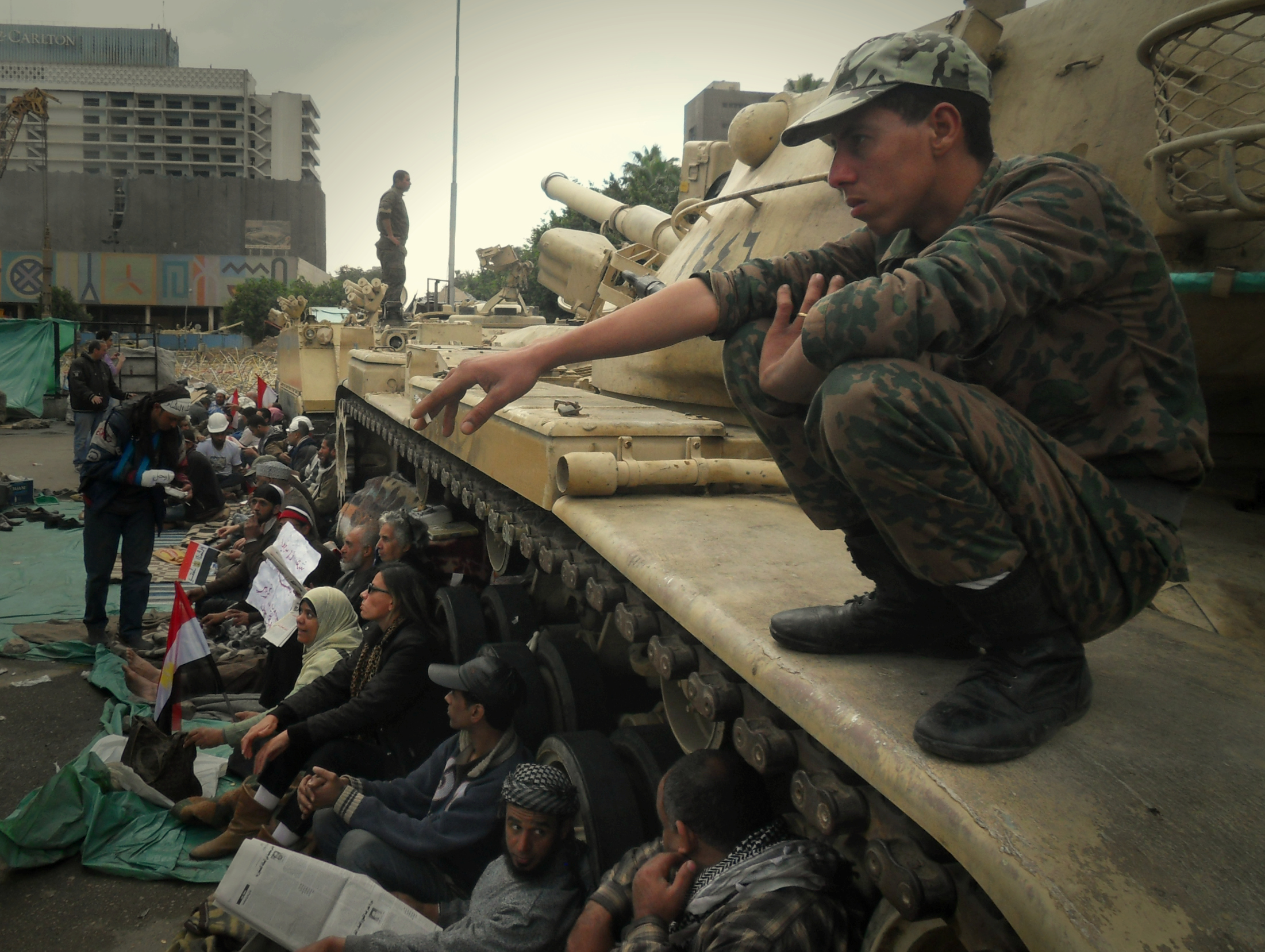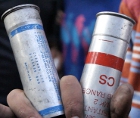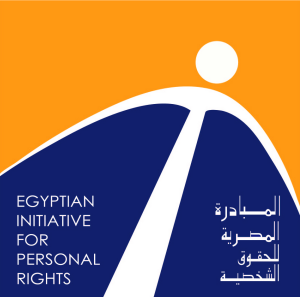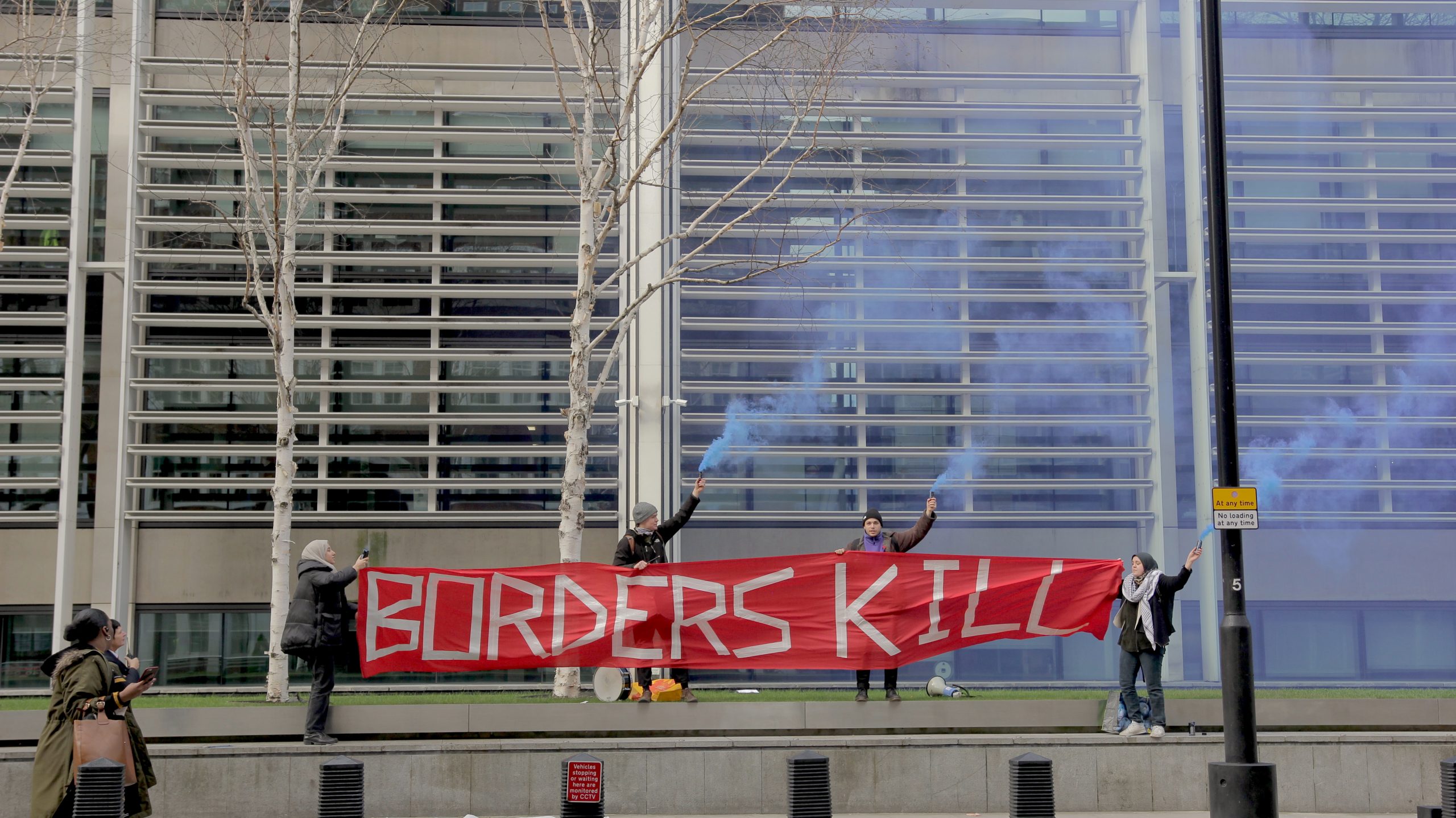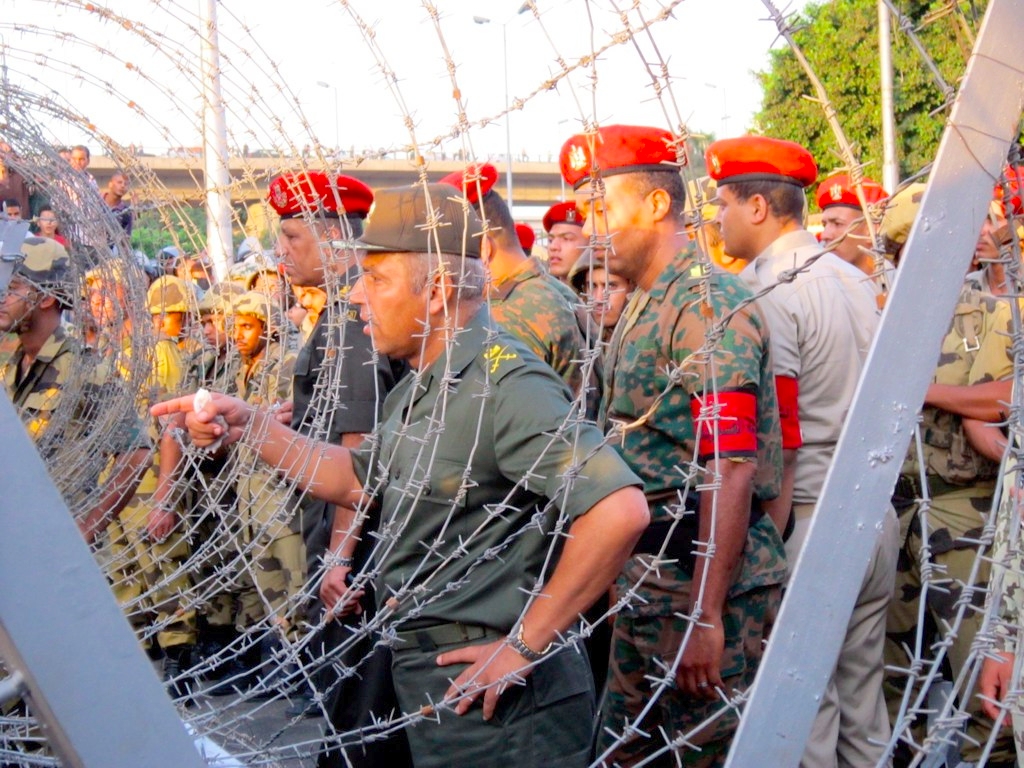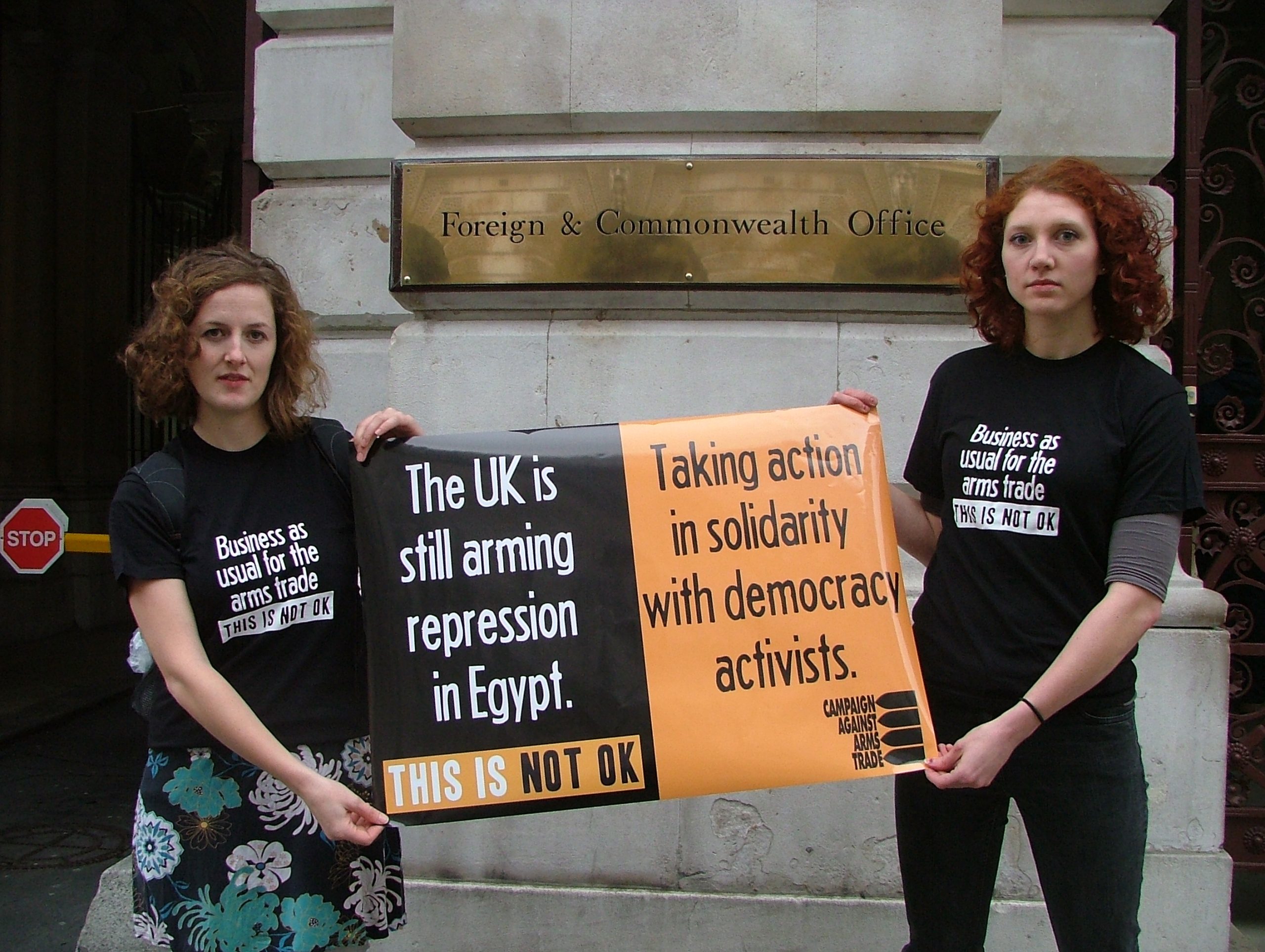Introduction
At least 1,300 people were killed in Egypt during protests in July-August 2013. Since then hundreds of people have disappeared, either killed or imprisoned by the police or army, and tens of thousands of people have been put in prison.
Journalists, human rights defenders, protesters, government critics, opposition parties, and LGBT+ people have all been targeted by the Government. Women consistently face sexual violence and discrimination, with no protections in the law.
Over 4,000 people were detained after protests in September 2019.
While coronavirus makes the appalling conditions in Egypt’s prisons of even more urgent concern, the authorities have used the pandemic to justify further arrests and repression, including automatic renewal of pretrial detention.
Security officers routinely commit serious human rights violations, including torture, disappearances and extra-judicial executions, in near-absolute impunity.
Systematic torture is a state policy.
Egypt is a part of a group of countries giving military support to Saudi Arabia in its war on Yemen, with warships, aircraft and troops.
UK arms trade with Egypt
The UK supplies Egypt with a range of military equipment. After massacres that killed huge numbers of people during a military takeover of government in 2013, EU countries agreed to suspend and review licences for “any equipment which might be used for internal repression.” The UK government paused 48 of its agreements to supply Egypt with arms.
However, UK government information shows the UK has sold Egypt all kinds of arms that could have been used in the suppression of its citizens, including machine guns and parts for military combat vehicles and military helicopters.
The UK government arms sales department, Defence & Security Exports, has identified Egypt as a “key market,” despite its terrible human rights record. UK Prime Ministers and Trade ministers have made and hosted many meetings with the Egyptian government since 2013.

